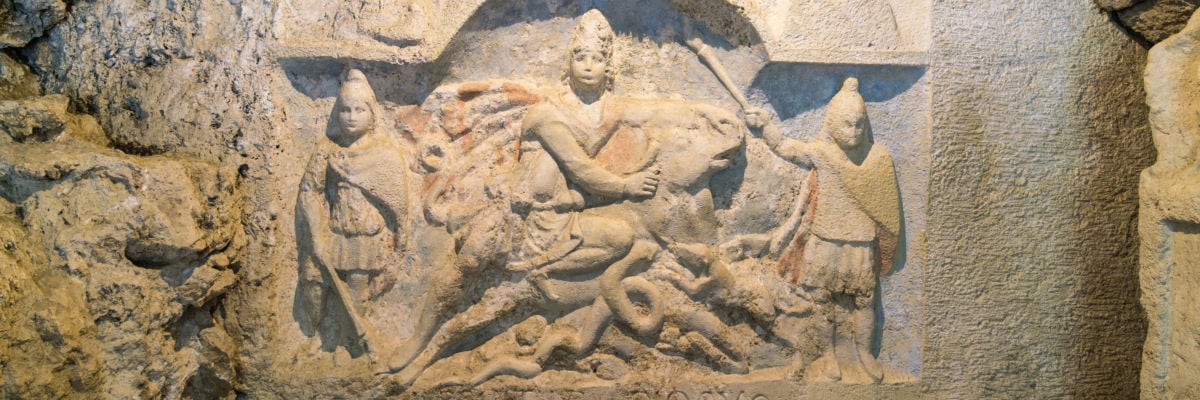- Feb 5, 2002
- 166,616
- 56,251
- Country
- United States
- Faith
- Catholic
- Marital Status
- Married
- Politics
- US-Others
*permission to post in full*
To call our calendar pagan is incorrect. Its framework, with its months, weeks, and days, is more accurately termed secular. It existed among the Romans and was reformed under Julius Caesar. The Julian calendar was reformed under Pope Gregory XIII in 1582 and renamed the Gregorian calendar. The world uses it today.
The Church instituted feasts commemorating Christian persons and events and placed the feasts in the framework which the Romans had previously constructed. This framework should not be considered any more pagan than the roads, bridges, and ships built by the Romans and used by the apostles and the Church. If any sect thinks reverting to the Jewish calendar is somehow better and not pagan, it doesn’t know the facts. The Jewish calendar is derived from the Babylonian calendar, and you can’t get more “pagan” than that.

 www.catholic.com
www.catholic.com
Question:
Some folks say the Catholic calendar and its feasts are pagan in origin. They say the only feast days we should celebrate are those given in Scripture.Answer:
Yes, there are sects which hold such a position, but none of them can present a convincing case for criticizing the calendar or the feast days we have.To call our calendar pagan is incorrect. Its framework, with its months, weeks, and days, is more accurately termed secular. It existed among the Romans and was reformed under Julius Caesar. The Julian calendar was reformed under Pope Gregory XIII in 1582 and renamed the Gregorian calendar. The world uses it today.
The Church instituted feasts commemorating Christian persons and events and placed the feasts in the framework which the Romans had previously constructed. This framework should not be considered any more pagan than the roads, bridges, and ships built by the Romans and used by the apostles and the Church. If any sect thinks reverting to the Jewish calendar is somehow better and not pagan, it doesn’t know the facts. The Jewish calendar is derived from the Babylonian calendar, and you can’t get more “pagan” than that.

Are Catholic feasts pagan in origin?
The Church instituted feasts commemorating Christian persons and events and placed the feasts in the framework which the Romans had previously constructed. This framework should not be considered any more pagan than the roads, bridges, and ships built by the Romans and used by the apostles and...



